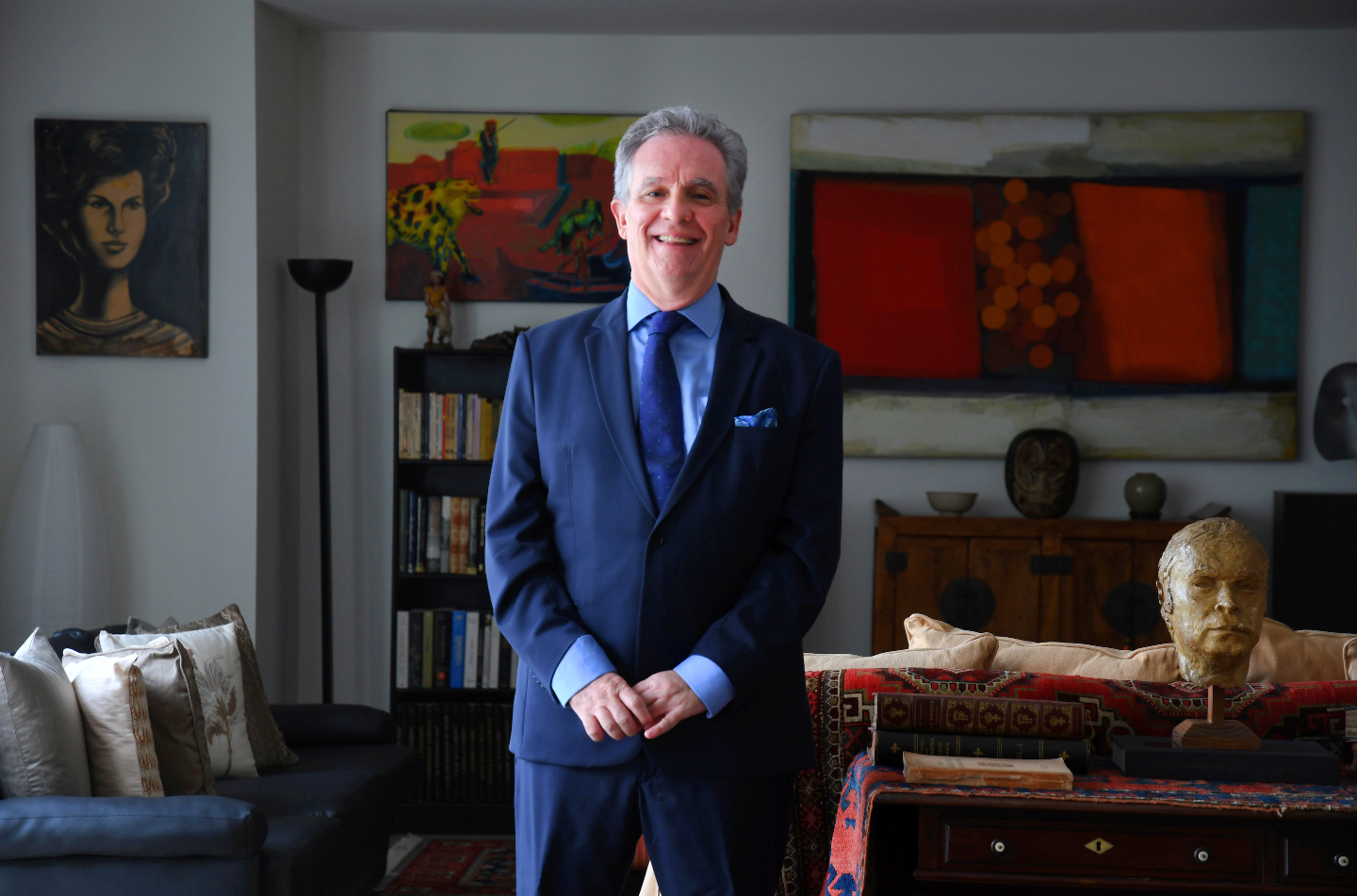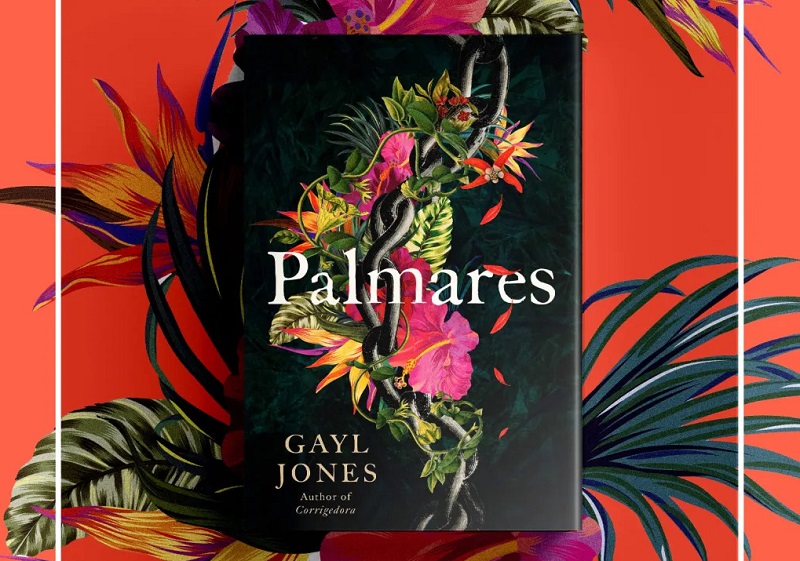
Brazilian ambassador to Malaysia HE Ary Norton de Murat Quintella (Photo: Low Yen Yeing/The Edge Malaysia)
He also shares some tips for visitors to his country, what he loves here and, of course, his thoughts on football.
Options: Malaysia and Brazil have enjoyed a long and harmonious diplomatic relationship since 1959, with the respective embassies established for four decades already. But what would Your Excellency recommend Malaysians to experience when visiting your country for the first time?
Ary Quintella: Indeed, Brazil and Malaysia have enjoyed a fruitful and close political relationship for many decades. I believe both societies share a mutual interest in each other’s customs, cultural traditions and beautiful landscapes. For the Malaysian visitor, I would say Brazil is such a vast country that recommendations really depend on where and when you go. If in February, definitely The Carnival in Rio, Salvador or Recife; the beaches of the northeast at any time; the historic colonial cities of the state of Minas Gerais; a fascinating boat trip from Manaus to Belém, down the Amazon River, the largest in the world; and the Iguazu Falls in the state of Paraná, which is strangely not so well-known abroad although it must surely be one of the wonders of the world.
Malaysians and Brazilians also share a great love of food, we believe.
Yes, Brazilians have a particular interest in great food. For any true Carioca (anything related to Rio de Janeiro), feijoada (stew of beans with beef and pork) is culturally as important as nasi lemak to Malaysians. But I think it is the cuisine of Bahia that Malaysians would appreciate most. It is distinctive, spicy and strongly based on seafood. I wish the readers of The Edge could try acarajé, caruru and vatapá. They would love those dishes.
rio.jpg

What have been your own favourite discoveries of Malaysia since being posted here?
The list is quite long as I am in love with Malaysia. Even after two years, I have a daily sense of wonder at the beauty of this country but I will focus on five things: the friendliness and generosity of Malaysians, something which never ceases to amaze me; the dazzling variety of cultures, all of them new to me; a book, the Malay Annals; the Islamic Arts Museum Malaysia, which I have written about for a Brazilian magazine and Options; and durian, to which I have become addicted. My mother is visiting at the moment and she too has developed a great liking for durian. I am not mentioning any specific state or city as I feel to do so would be unfair. I have never visited any place in Malaysia that I didn’t like.
You are also a prolific writer, capturing many interesting anecdotes on life and culture on your website, aryquintella.com, while also contributing to many publications in Brazil and Malaysia. What inspired this love of writing and documenting?
My father was a writer and my grandfather a celebrated mathematician. Two or three generations of Brazilians grew up studying mathematics with his books. So I believe, from early on, I was surrounded by a commitment to learning. I also married into a family of academics. And as my mother was a diplomat, my two siblings and I grew up in different cultures, which served as both challenge and stimulus.
So, what are you reading right now?
A new novel, Palmares, by the American writer Gayl Jones, set in the northeast of Brazil in the 17th century. The author brought that time and place back to life. The subject, though, is tough as it deals with the realities of slavery and colonialism. Reading more Malaysian fiction is in the plan too. In 2019, as I was preparing for my hearing at the Brazilian Senate to be confirmed as ambassador to Kuala Lumpur, I began reading up on Malaysian history, economics and politics but little fiction so far, and mostly by Tash Aw. As a foreigner, I know there’s a lot to discover, both in Bahasa and English, and I am open to suggestions.
palmares.jpg

Are there any books you always reread though?
As I grow older, I tend to concentrate more on my favourite authors. There are always works I have not read and pages begging to be reread. Hence, I prefer to list by author versus specific works. A non-exhaustive list would have to include Machado de Assis, Clarice Lispector, Proust, Tolstoy (I studied Russian with the sole objective, alas never reached, of being able to read him in the original), Jorge Luis Borges and 17th-century French memorialists and playwrights. I am fond of classical theatre.
What about music? Brazil is particularly famous for bossa nova.
I will mention Berimbaum, an album by a great contemporary interpreter of bossa nova, Paula Morelenbaum. It has terrific energy. If you can only listen to one of the album’s songs, try Tomara.
Your family comprises distinguished diplomats too, with your mother being the celebrated Instituto Rio Branco’s first female student to become a career ambassador while your wife Eugenia is currently ambassador to Singapore. Tell us a little about the institute, why it was set up and what advice you would give to young people looking to join the diplomatic corps.
The Instituto Rio Branco was founded in 1945 to ensure candidates joining the Ministry of Foreign Affairs would do so exclusively on merit. The entrance examinations are notoriously hard and the institute also helps newcomers adapt to the ministry and to life as public servants. Good diplomats need to have a love of their country and a resilient spirit as career ascension is difficult and lengthy. Or at least, it is for the Brazilian foreign service, which you can only join as Third Secretary. You must be prepared to live far away from your family and the people you like the most.
In fact, the pandemic has brought that vividly to mind as I stayed two years without seeing my daughter, my mother and my sister, and have only been able to see my wife very occasionally — twice in the last two years. In the end, being a diplomat demands that you be capable of relying mostly on yourself and trusting your convictions. The work, though, is often quite exciting and being a diplomat enriches your experience of life. These past two years in Malaysia, so diverse a country and so full of cultural wealth, are a good example of the benefits to be derived from a diplomatic life. Malaysia has brought me a lot of happiness.
Since long-haul travel remains challenging and daunting, is there anywhere Malaysians could visit locally for a taste of Brazil?
As a matter of fact, yes: KLCC Park. It was designed by a very famous Brazilian landscaper, Roberto Burle Marx, and I believe the park was his last project. The vegetation in Peninsular Malaysia also reminds me of the Atlantic Forest along Brazil’s coast. KLCC Park is a condensation of that similarity.
Lastly, being Brazilian, we presume you are a fan of football. Who do you support?
Coming from Rio, I naturally support a Carioca team, Botafogo. My great-grandfather was one of its founders. I also consider Pele the best player ever. Among contemporary players, I must mention Alisson Becker, the national team’s goalkeeper, who also plays for Liverpool and is considered one of the world’s best. Goalkeepers, I fear, are not always appreciated enough, so my vote goes to him.
This article first appeared on Feb 28, 2022 in The Edge Malaysia.


